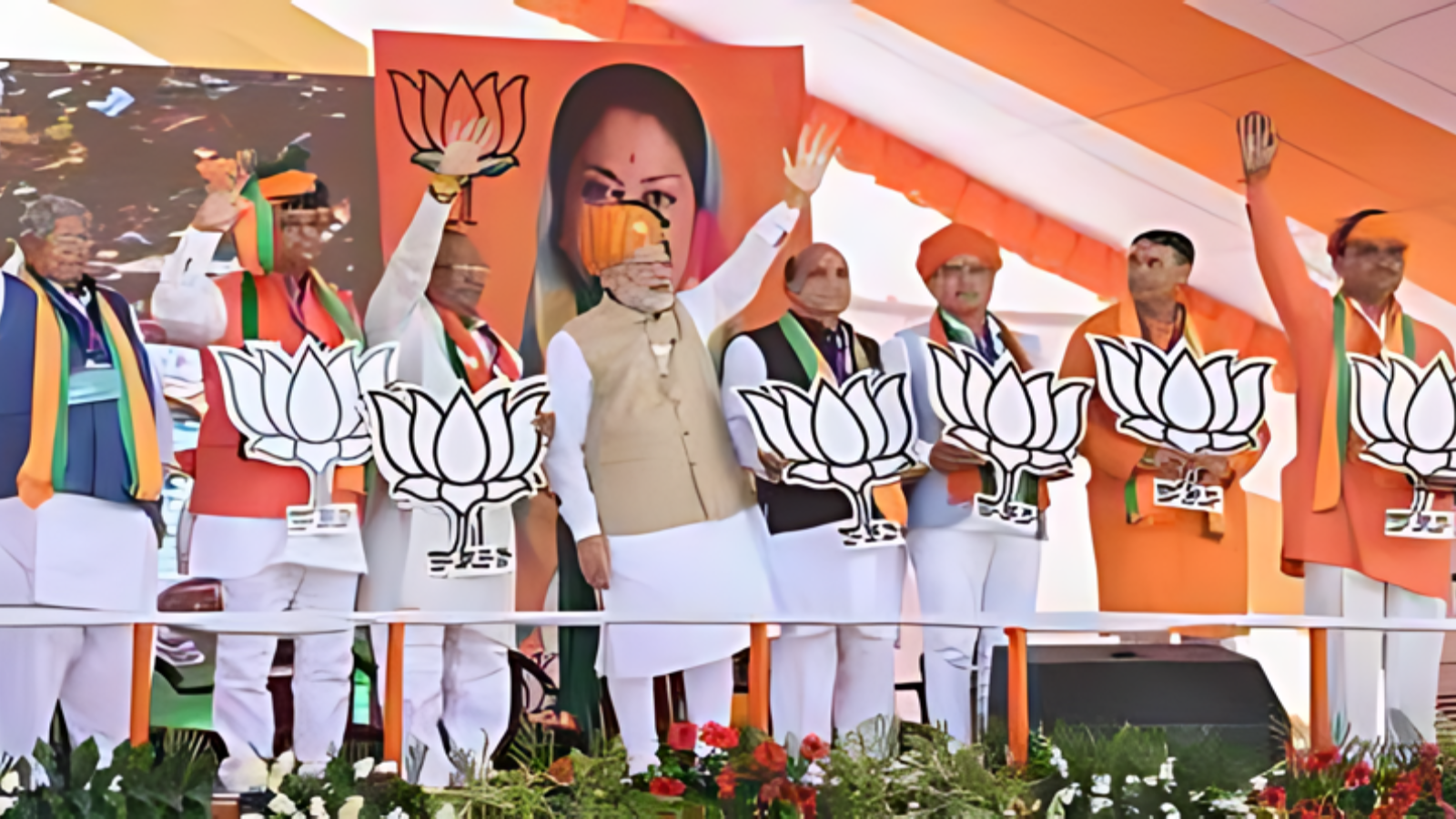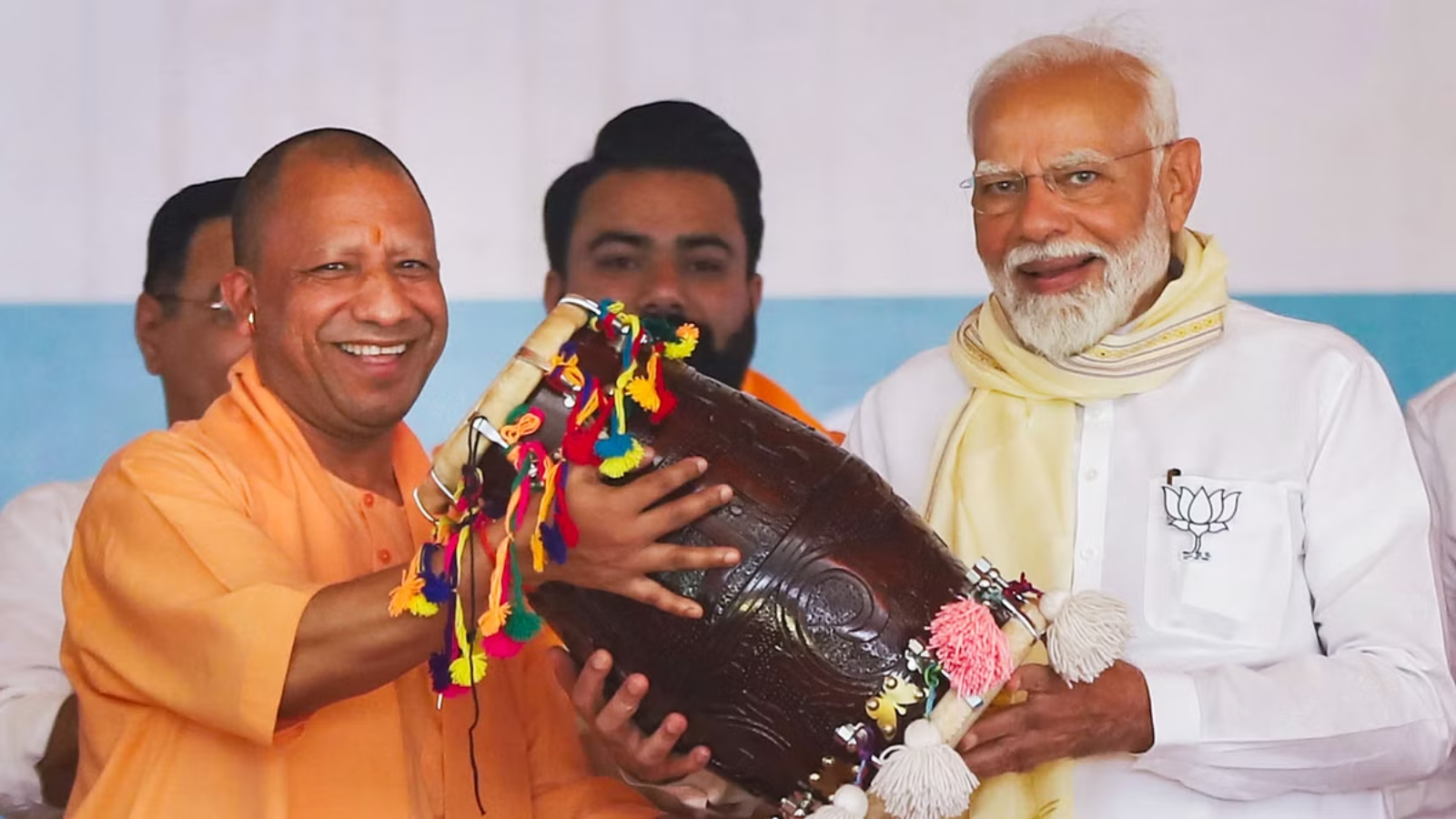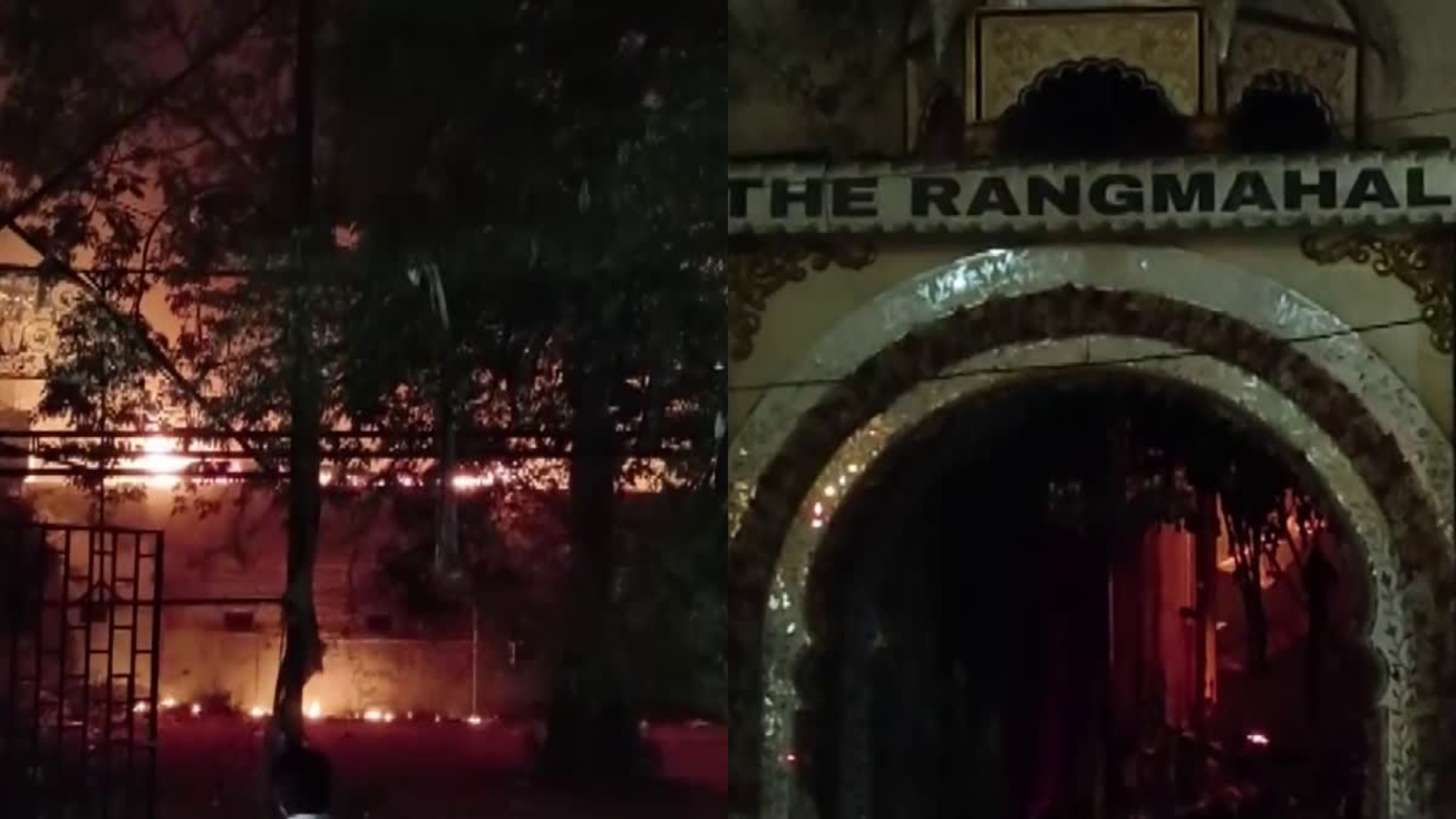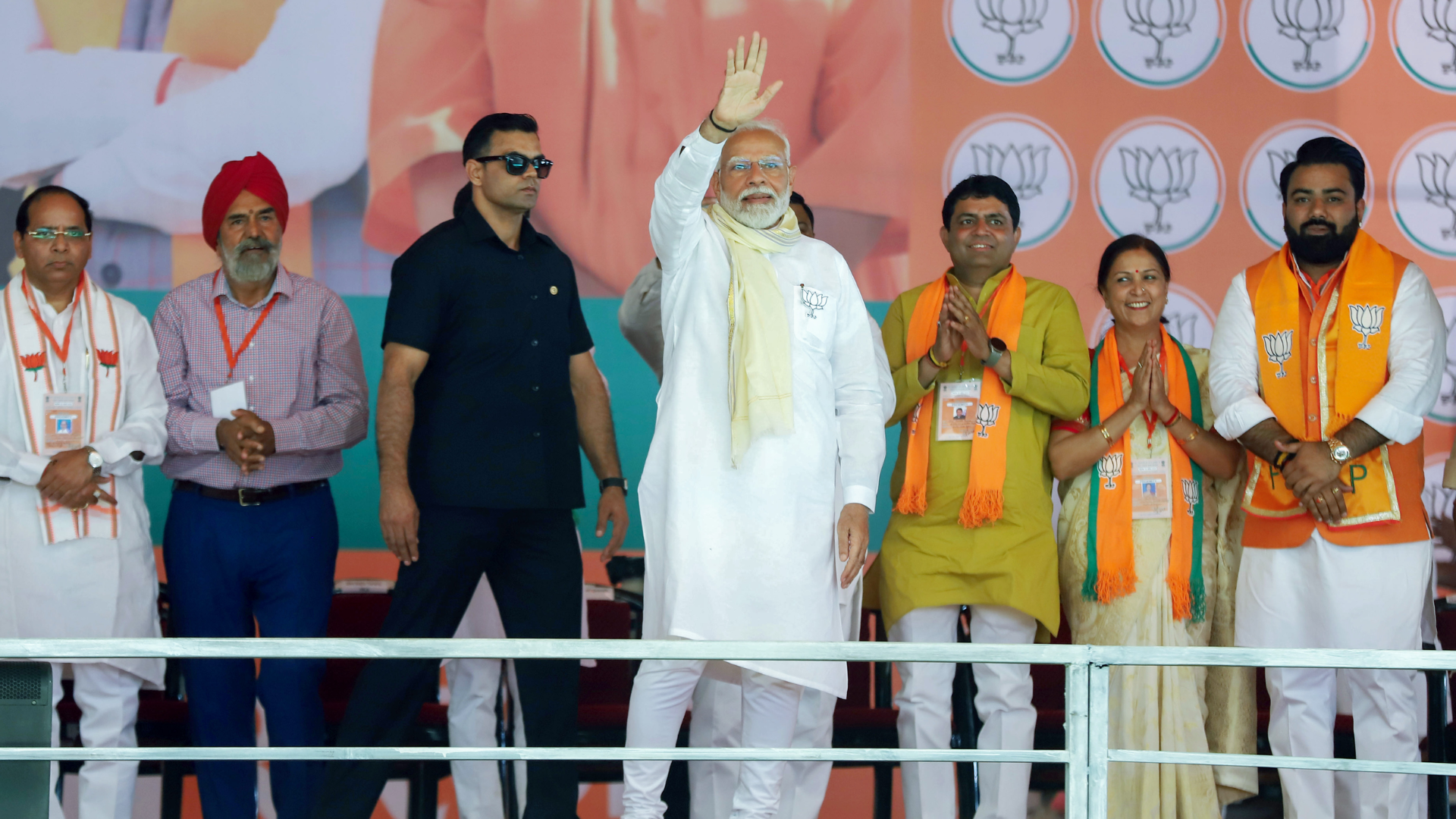



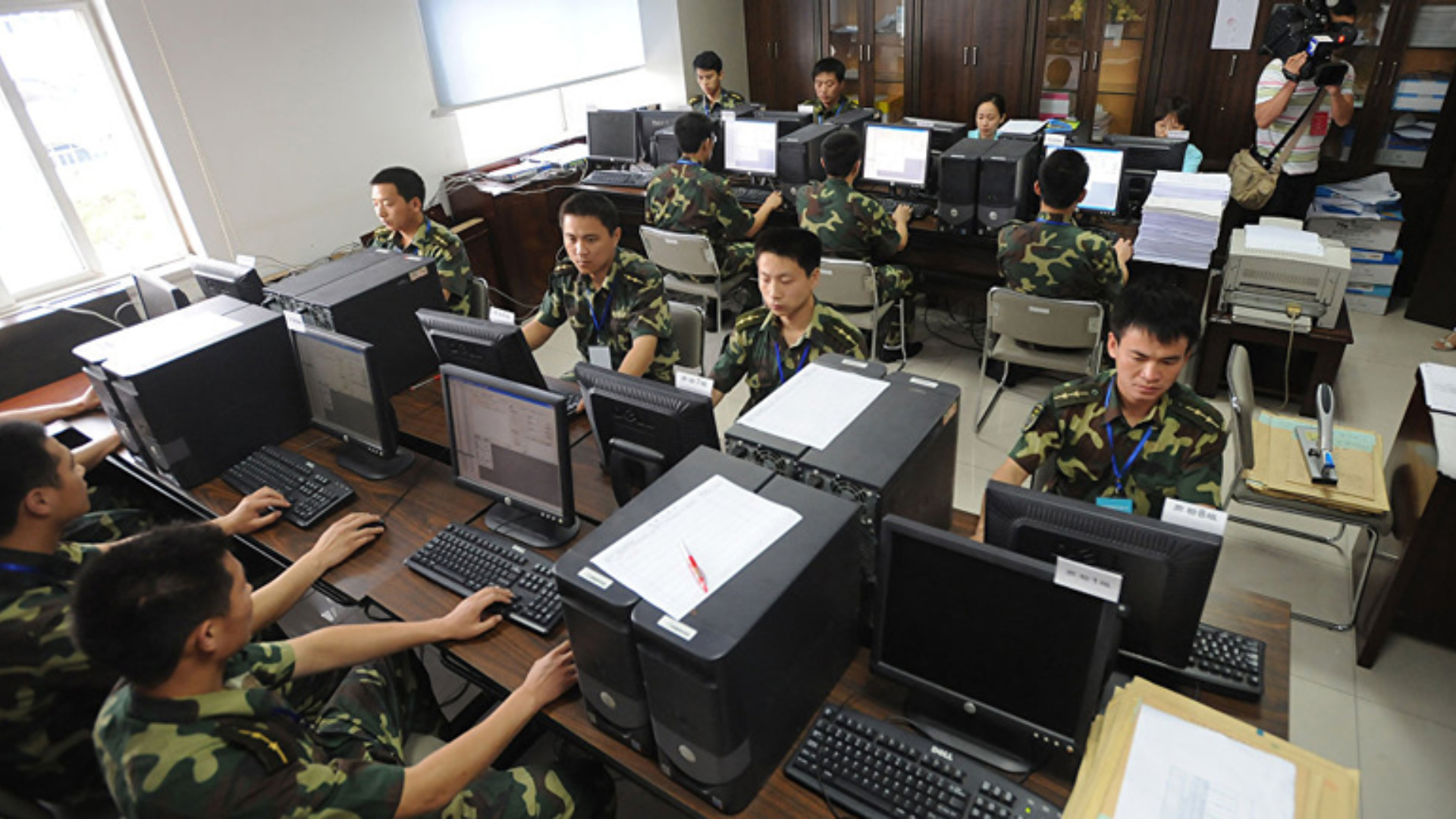



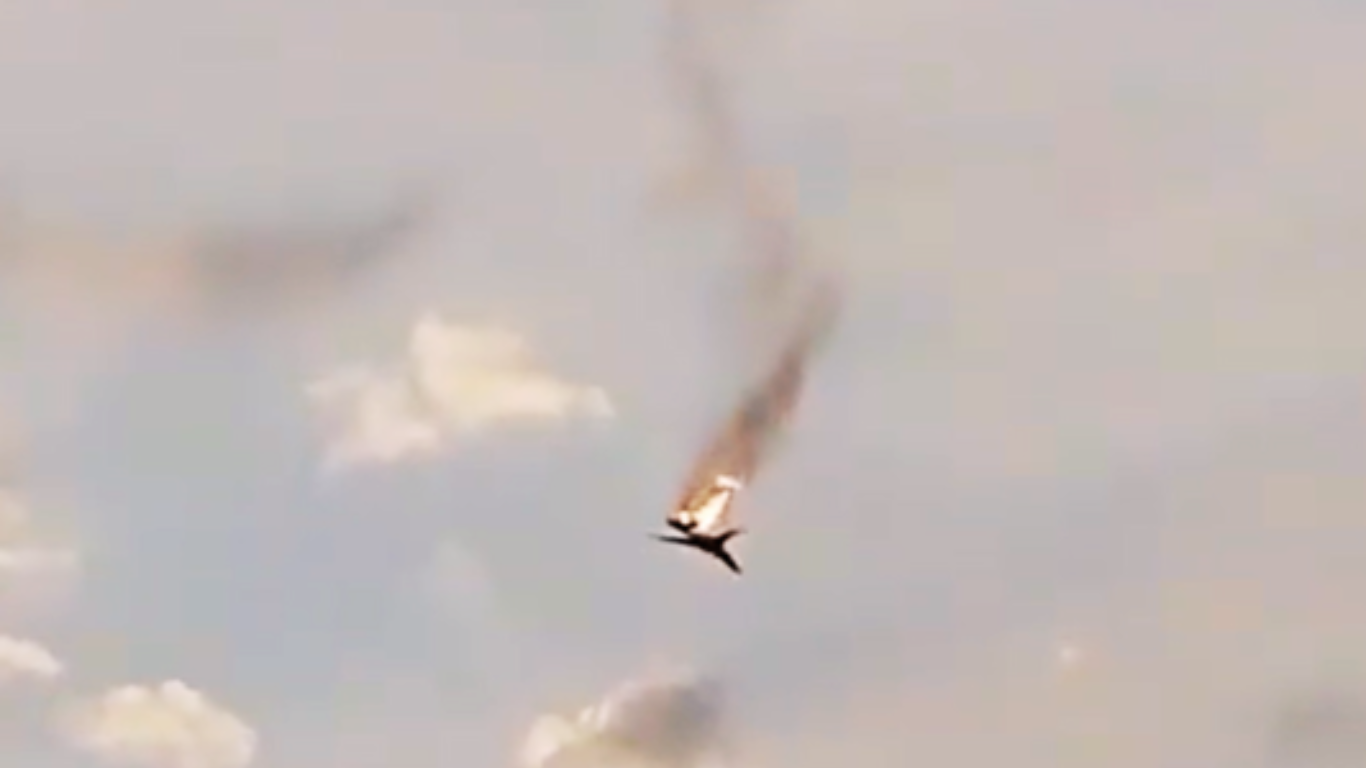

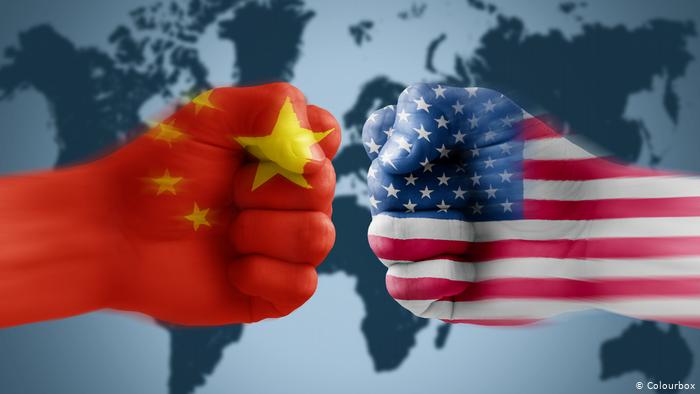
Amid strained relations between Washington and Beijing, the United States and China have increased their nuclear arsenals in response to reports that the communist country is developing second-strike nuclear energy capability. According to Francesco Sisci of Asia Times, the US commentariat is raising concerns about China’s nuclear rearmament and apparent new second-strike reaction capability.
Two American journalistic heavyweights, David Ignatius and Fred Kaplan have recently highlighted China’s ongoing nuclear and missile rearmament process. The main point is that, according to experts, China now has second-strike nuclear reaction capability. This is a critical juncture in the balance of nuclear terror. The ability to respond after a first nuclear strike means that even if an enemy attacks first with a nuclear offensive, the attacked country retains the ability to respond. So far, only the United States and Russia have such capabilities.
Also Read:As Israel-Palestine Conflict escalates, India condemns all violence in Israel, Gaza
If China acquires it or is on the verge of acquiring it, global military and political dynamics will shift. China is said to have trucks on the road that carry concealed ballistic missiles capable of being operational in a short period. Given their number and the size of the country, some of them would survive the initial strike and be able to launch missiles at a potential first attacker.
America and Russia have spent many years building their arsenals while also defining their political and military rules of engagement with increasing clarity over the same time. Today, however, there has not been a conflict in which the two sides have established the limits, and even if such a conflict were to occur, given China’s nuclear reaction capability, many things could quickly devolve, according to Sisci.
Furthermore, the US and China both have large arsenals (though the US remains far more armed), but their political and military rules of engagement are ambiguous. As a result, mutual accidents and errors are more likely, according to Asia Times.
The notion that China poses the same kind of strategic threat as the former Soviet Union is gaining traction and acceptance in Washington.
It is a very complex issue, and such a comparative statement fails to capture the entire set of ideas and concerns about China that are forming in Washington. However, once established, this consensus will follow a logic that is difficult to stop or steer, according to Sisci.

